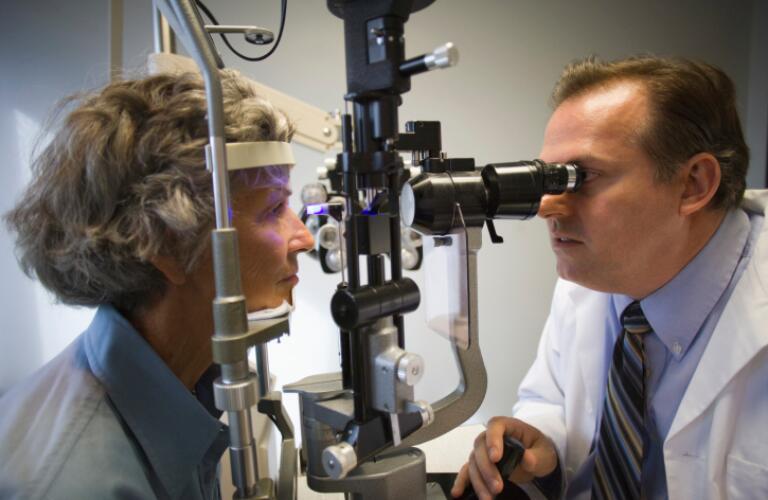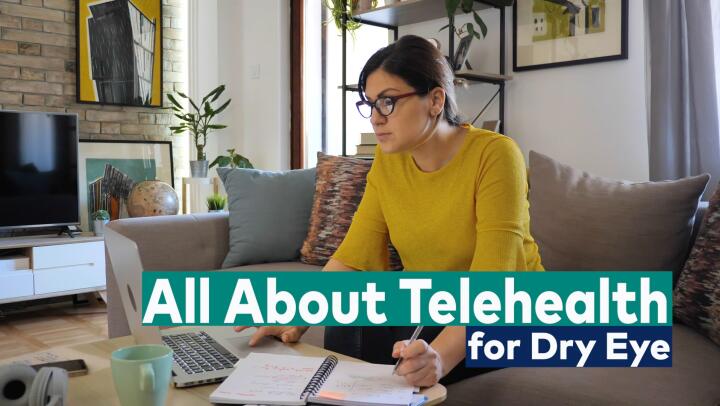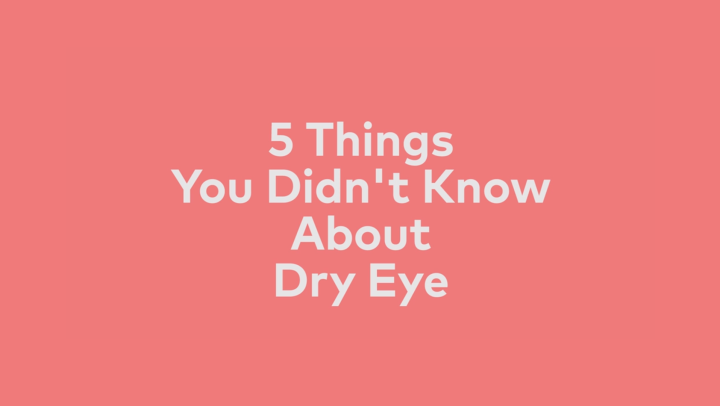
Although some minor eye problems may be managed at home, certain symptoms require a trip to the eye doctor or emergency room. Here's a look at some of the conditions that most frequently warrant immediate attention by an experienced eyecare professional.
If you suddenly lose vision in one or both eyes, you need immediate emergency medical attention. This could indicate stroke or another serious medical problem. You should also seek immediate care for other sudden vision problems, such as blind spots, double vision, blurred vision, seeing a curtain over part of your vision, or tunnel vision. These changes can be signs of retinal detachment or closed-angle glaucoma, which causes an abnormal elevation of eye pressure. Both of these conditions are emergencies that can put your vision at risk.
If you have sudden, severe eye pain in one or both eyes, you should seek medical care right away. It can be a sign of a serious condition, like corneal abrasion, inflammation inside the eye, infection, or closed-angle glaucoma.
Sometimes, itchy eyes are the result of eye allergies. The eye has mast cells that release substances as part of an allergic response. This results in itching and other allergic symptoms. You can treat mild eye allergies at home with remedies like antihistamines, artificial tears, and reducing exposure to allergens. For more severe reactions, an eye doctor can prescribe special eye drops or other medications. You can also consider allergy shots. Itching eyes can also be a symptom of infectious conjunctivitis, or pink eye. Your doctor may need to treat infectious causes with antimicrobial eye drops.
If you see light flashing in one spot or several flashes in a wider area across your field of vision, seek treatment as soon as possible. These flashes of light could indicate your retina is tearing or detaching. The more quickly you get help, the more likely it is that doctors can repair your retina. Or, you may be suffering from ocular migraine, which also can cause light flashes. Your doctor can provide medication for your migraines.
These wispy trails or specks in the field of vision increasingly appear as people get older. In fact, up to one-quarter of people in their 60s and two-thirds of people in their 80s have them. Usually, they are no big deal and will disappear on their own, though you should still have your optometrist or ophthalmologist check them out. You can also try to clear them by moving your eyes up and down or left to right. If you get a sudden batch of new floaters, get an eye exam right away to make sure you aren’t experiencing retinal traction or detachment.
If you find light and glare bothers you, talk with your eye doctor. This symptom can be a sign of cataracts. Other cataract warning signs include cloudy or blurred vision, double vision in one eye, night blindness, and seeing halos around lights. Light sensitivity could also indicate severe inflammation inside the eye (uveitis) or ocular migraine. Your doctor can treat these conditions.
It’s important not to minimize or wish away your eye symptoms. Our eyes are vulnerable to disease, infection and injury. Call or visit your eye doctor or eye care provider if you have any questions about your eyes, and don’t forget to have regular eye exams. Check-ups can often detect conditions you don't realize you have.














